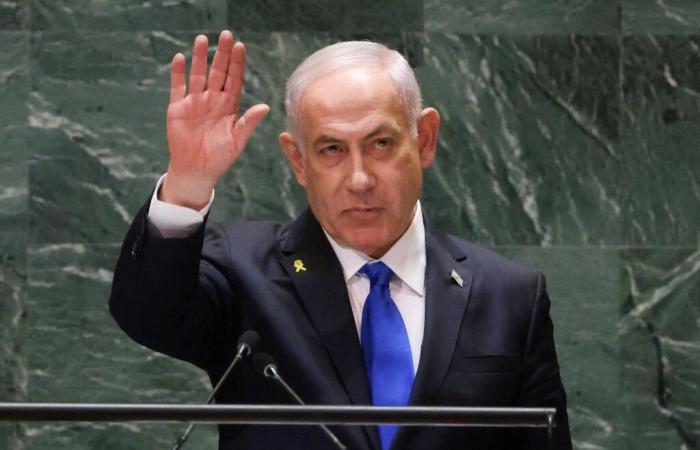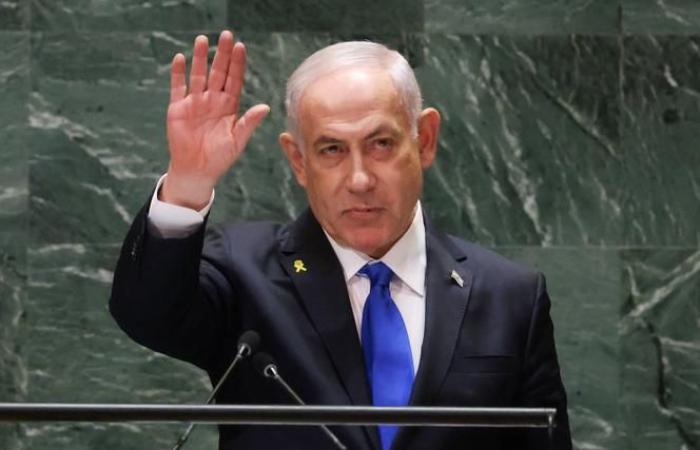This is a tough blow for the International Criminal Court (ICC), especially from one of its founding States, which also prides itself on being the “homeland of human rights”. With a cryptic statement, on Wednesday November 27, France undermined the authority of this judicial body and reduced the weight of the arrest warrant issued six days earlier by its judges against Benyamin Netanyahu for war crimes and crimes against humanity in the context of the war in Gaza. All this, from corroborating sources, so as not to break with the Israeli Prime Minister, who contested the role of mediator claimed by Paris in the search for a ceasefire in Lebanon won by a hard struggle and announced Tuesday evening by Joe Biden and Emmanuel Macron.
Read also | Article reserved for our subscribers ICC arrest warrant against Netanyahu: the discomfort of the French authorities
Read later
After several confusing comments, France clarified its position on the arrest warrant issued against the Israeli head of government by the ICC. While asserting that she “will respect its international obligations” and that the Rome Statute, the founding text of the Court, “requires full cooperation with the International Criminal Court”, the press release published by the Quai d'Orsay emphasizes that this text “also provides that a State may not be required to act in a manner inconsistent with its obligations under international law with respect to the immunities of States not parties to the ICC”. A reference to Article 98 of the Rome Statute. And the Ministry of Foreign Affairs continued: “Such immunities apply to Prime Minister Netanyahu and other relevant ministers and will need to be taken into consideration should the ICC request their arrest and surrender. » As the Jewish State has not signed the Rome Statute, it has not waived the immunities of its current leaders, unlike the 124 States parties to the ICC, including France.
Read also | Article reserved for our subscribers World divided after ICC war crimes charges against Israeli leaders
Read later
This “clarification” had all the more the effect of a thunderclap, that it comes against a backdrop of recurring tensions between the French and Israeli governments, at the end of weeks of negotiations to obtain a ceasefire in Lebanon. In the home stretch of these talks, the announcement by the ICC of the issuance of mandates, Thursday, November 21, further strained the often acrimonious exchanges between Emmanuel Macron and Benjamin Netanyahu. So much so that the latter, according to a highly placed source, asked the French president, on Friday, by telephone, to speak out against the Court's decision. Very urgently, he reiterated a threat brandished in recent months over the course of his frictions with the tenant of the Elysée: to contest France's mediation efforts in Lebanon, and to exclude him from the supervisory committee of a possible cease-fire. fire, against the advice of Beirut and Washington, who insisted on the contrary on keeping Paris on board.
You have 71.96% of this article left to read. The rest is reserved for subscribers.
France
World







